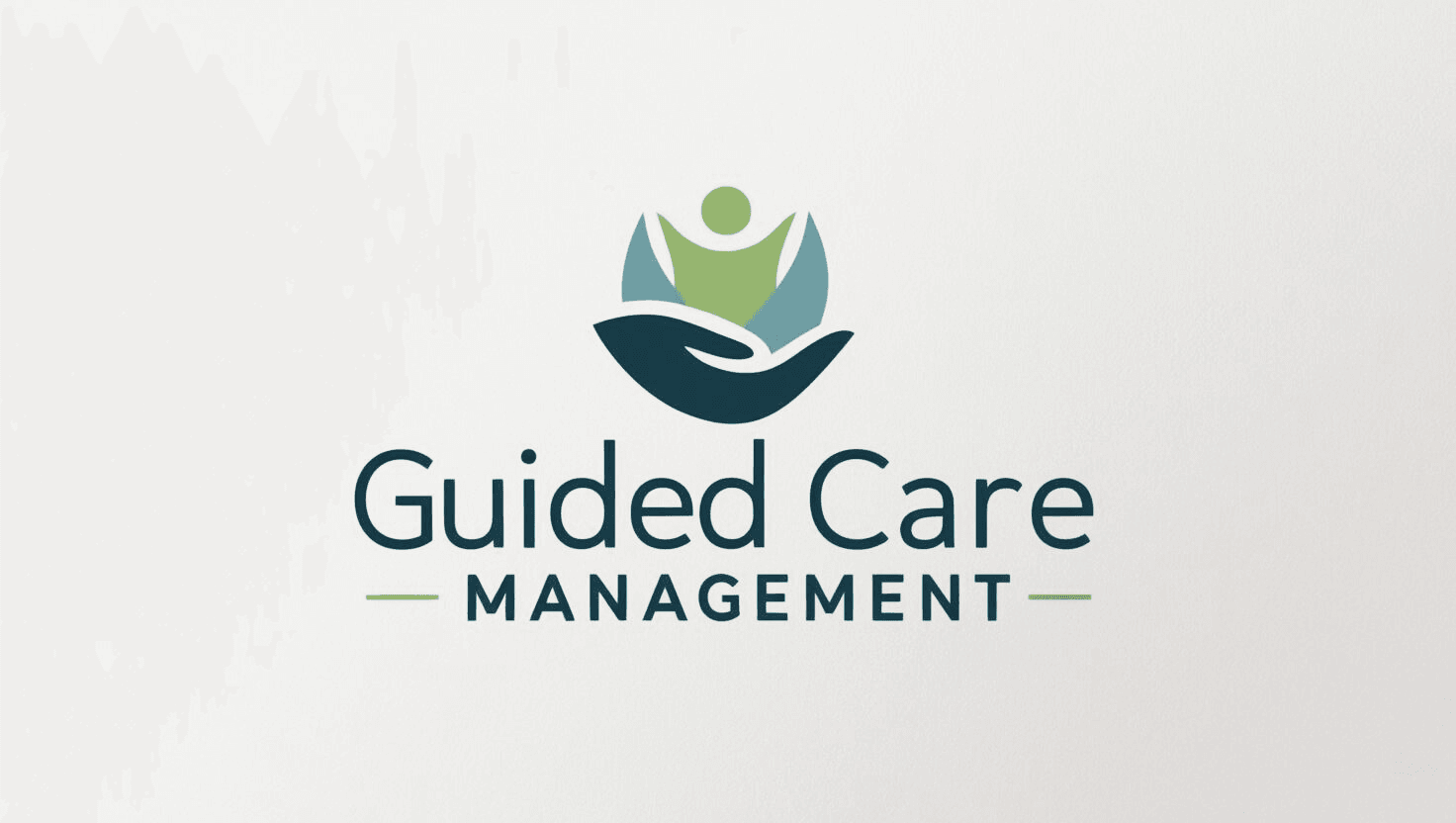Emerging Trends in Healthcare Management: What to Expect
Introduction to Emerging Trends
The healthcare industry is continuously evolving, with new trends shaping the way we approach patient care and management. With advancements in technology and changes in patient expectations, healthcare management is undergoing a significant transformation. In this blog post, we will explore some of the emerging trends that are set to redefine the landscape of healthcare management.

Digital Health Transformation
Digital health technologies are at the forefront of this transformation. From telemedicine to mobile health apps, digital solutions are making healthcare more accessible and efficient. Telemedicine, in particular, has gained immense popularity, offering patients the convenience of virtual consultations and reducing the burden on physical healthcare facilities.
Moreover, wearable health devices are empowering individuals to take charge of their health by monitoring vital signs and activity levels. These devices provide valuable data that can be used by healthcare providers to offer personalized care and early diagnosis of potential health issues.
Data-Driven Decision Making
The integration of big data analytics in healthcare management is another trend that is making waves. Healthcare organizations are leveraging data to improve decision-making processes, enhance patient outcomes, and optimize operational efficiency. By analyzing patient data, healthcare providers can identify patterns, predict disease outbreaks, and tailor treatment plans to individual needs.

Furthermore, predictive analytics is helping in resource allocation, such as staffing and inventory management, ensuring that healthcare facilities are better prepared to meet patient demands. This data-driven approach not only improves the quality of care but also reduces costs.
Value-Based Care Models
Another significant trend is the shift from volume-based care to value-based care models. This approach focuses on delivering high-quality care that improves patient outcomes while reducing costs. Healthcare providers are now incentivized to prioritize patient satisfaction and effective treatment rather than the number of procedures performed.
This model encourages collaboration among healthcare professionals to ensure comprehensive and coordinated care. It also places an emphasis on preventive care, aiming to keep patients healthier and reduce the need for extensive medical interventions.

Personalized Medicine
Advancements in genomics and biotechnology have paved the way for personalized medicine, a trend that is rapidly gaining traction. Personalized medicine tailors medical treatments to the individual characteristics of each patient, considering their genetic makeup, lifestyle, and environment.
This approach is particularly effective in treating complex diseases such as cancer, where traditional one-size-fits-all treatments may not be as effective. By understanding a patient's genetic profile, healthcare providers can develop targeted therapies that improve treatment efficacy and minimize side effects.
The Rise of Artificial Intelligence
Artificial intelligence (AI) is revolutionizing healthcare management by enhancing diagnostic accuracy and automating administrative tasks. AI-powered tools can analyze medical images with precision, assisting radiologists in detecting abnormalities early on. Additionally, AI chatbots are being used to triage patients and provide answers to common medical inquiries.

Moreover, AI algorithms are optimizing workflow management by scheduling appointments, managing patient records, and streamlining billing processes. This allows healthcare professionals to focus more on patient care and less on administrative burdens.
Conclusion
The future of healthcare management is promising, with these emerging trends leading the way towards a more efficient, personalized, and value-driven system. By embracing these innovations, healthcare providers can enhance patient care, improve operational efficiency, and adapt to changing patient expectations. Staying informed about these trends is crucial for stakeholders in the healthcare industry as they navigate this dynamic landscape.
